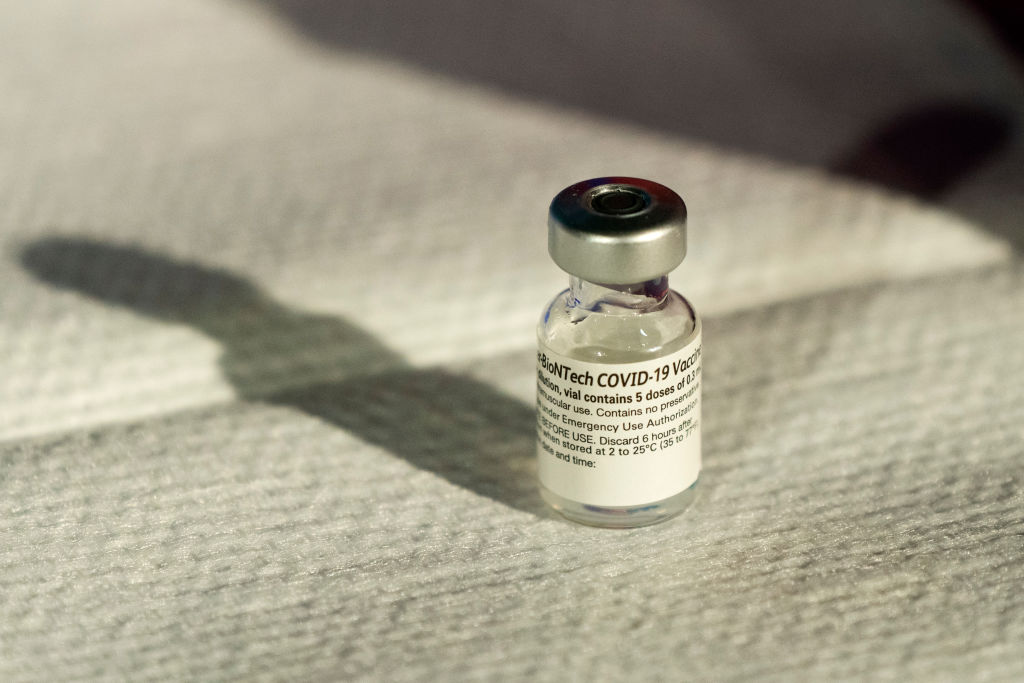
When the Pfizer COVID-19 vaccine received emergency authorization from the FDA, some people got excited, others got nervous, but it seems like everyone had questions. Is it being rushed? Does it call allergic reactions? What’s in it is one of the most commonly asked questions.
READ: Experts Explain Why Fully Vaccinated People are Still Getting Infected With COVID-19
Its ingredients list has been published online in a fact sheet for vaccine recipients and caregivers. This is the full list of ingredients, according to the FDA.
Ingredients in Pfizer’s COVID Vaccine
- mRNA
- Lipids (including ((4-hydroxybutyl)azanediyl)bis(hexane-6,1-diyl)bis(2-hexyldecanoate), 2 [(polyethylene glycol)-2000]-N,N-ditetradecylacetamide, 1,2-Distearoyl-sn-glycero-3- phosphocholine, and cholesterol)
- Potassium chloride
- Monobasic potassium phosphate
- Sodium chloride
- Dibasic sodium phosphate dehydrate
- Sucrose
READ: Do Vaccines Stop the Spread of COVID-19? What You Need to Know
What Each Ingredient Does
mRNA
Messenger RNA, or mRNA is genetic material that can instruct human cells to make a coronavirus protein called spike. Once manufactured, spike teaches the immune system to recognize the coronavirus so it can be fought off in the future. mRNA medicines aren’t small molecules, like traditional pharmaceuticals. And they aren’t traditional biologics (recombinant proteins and monoclonal antibodies) – which were the genesis of the biotech industry. Instead, mRNA medicines are sets of instructions. And these instructions direct cells in the body to make proteins to prevent or fight disease.
Most work on using mRNA to provoke an immune response has so far been focused on cancer, with tumor mRNA being used to help people’s immune systems recognize and respond to the proteins produced by their specific tumors. ‘This technology was very good for the oncology field because you can develop patient-specific vaccines because every tumor is different,’ said Prof. Bekeredjian-Ding.
Using tumor mRNA in this way activates the body’s T-cells – the part of the acquired immune system that kills cells, which is useful to destroy tumors. It could be important for coronavirus, too. ‘In viral infections, often we know that there is a need for a strong T-cell response because viruses like to hide in cells,’ said Prof. Bekeredjian-Ding. ‘There is a certain hope that, especially in this setting, this could really work … and thereby eliminate … the infected cells from the body.’
Lipids
According to experts, all the ingredients in the vaccine are needed, but the lipids are also a crucial element. “The lipids, which are fats, are very important because they form a little spherical shell around that mRNA,” William Schaffner, MD, an infectious disease specialist, and professor at the Vanderbilt University School of Medicine, tells Health.
The lipids are “how the vaccine







